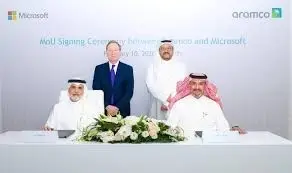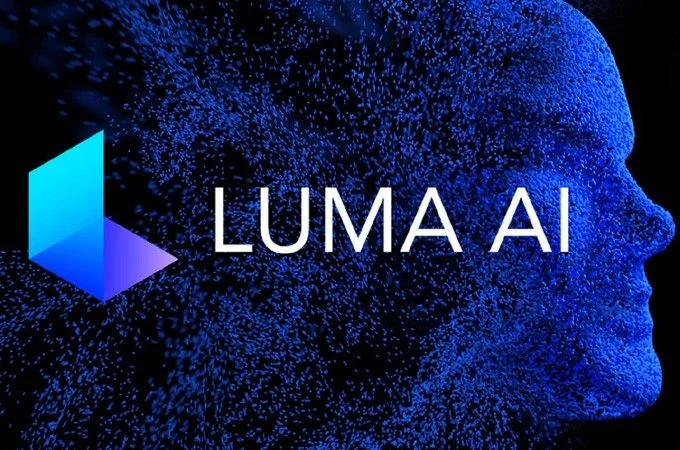Egypt’s Minister of Communications and Information Technology, Amr Talaat, recently witnessed the signing of a Memorandum of Understanding (MoU) between the Ministry and Microsoft Egypt. The agreement aims to support Egypt’s National Artificial Intelligence Strategy 2025–2030 by enhancing AI capabilities among youth and government employees, while promoting the responsible use of AI technologies.
The MoU was signed by Raafat Hindi, Deputy Minister for Infrastructure and Digital Transformation, and Mirna Arif, General Manager of Microsoft Egypt, with senior officials from both parties in attendance. This partnership marks a new phase in the Ministry’s ongoing collaboration with Microsoft to develop AI applications across Egypt.
Talaat emphasized that the MoU builds on a long-standing and productive relationship with Microsoft, aligning with Egypt’s vision to accelerate AI adoption as a catalyst for socioeconomic growth and the development of a knowledge-driven digital economy. He further noted that the agreement supports the core pillars of the second edition of Egypt’s National AI Strategy, which focuses on robust data governance, advanced infrastructure, a supportive legal framework, and crucially, human capital development to drive long-term innovation and competitiveness.
“Collaborating with Microsoft enables us to enhance local AI talent and ensure the responsible deployment of this powerful technology, drawing on international best practices,” Talaat said. “This supports the comprehensive AI ecosystem aligned with Egypt’s development goals.”
The MoU includes a joint initiative to train and qualify 100,000 individuals—including young professionals and IT staff from government ministries and digital transformation units—in AI technologies. The training program will feature tailored learning paths, hands-on experience, and content developed by Microsoft. Additionally, the partnership will provide technical consultations to government bodies, helping them identify and implement AI-powered solutions to enhance innovation, efficiency, and service delivery.
A significant aspect of the agreement is the establishment of a multi-stakeholder dialogue to explore AI regulatory frameworks, promoting knowledge exchange on emerging global standards and governance models.
Raafat Hindi highlighted that the partnership reflects the Ministry’s commitment to collaborating with global technology leaders to drive Egypt’s digital transformation. “It will empower local talent to create AI-based solutions that improve public services while upholding ethical and responsible tech use,” he said, noting alignment with Egypt’s Responsible AI Charter.
Microsoft’s Samer Abu Latif, President for Europe, the Middle East, and Africa, reiterated the company’s commitment to supporting digital transformation. He emphasized that responsible AI adoption and digital skills development are central to their mission, calling the MoU a strategic milestone for Egypt’s AI strategy and its goal of becoming a leader in the digital economy.
Hoda Baraka, Advisor to the Minister for Technological Skill Development, referred to the MoU as a crucial step toward preparing future-ready talent. “This partnership will help build skills that align with global innovation trends and empower the next generation to apply AI to real-world challenges. We also plan to expand this initiative to other African countries,” she said.
Mirna Arif, General Manager of Microsoft Egypt, concluded, “We are proud to deepen our collaboration with the Ministry. Training 100,000 youth and public sector employees will strengthen Egypt’s digital workforce and promote a culture of responsible AI use. This effort sets the foundation for a sustainable, knowledge-based economy that aligns with Egypt’s national aspirations.”















